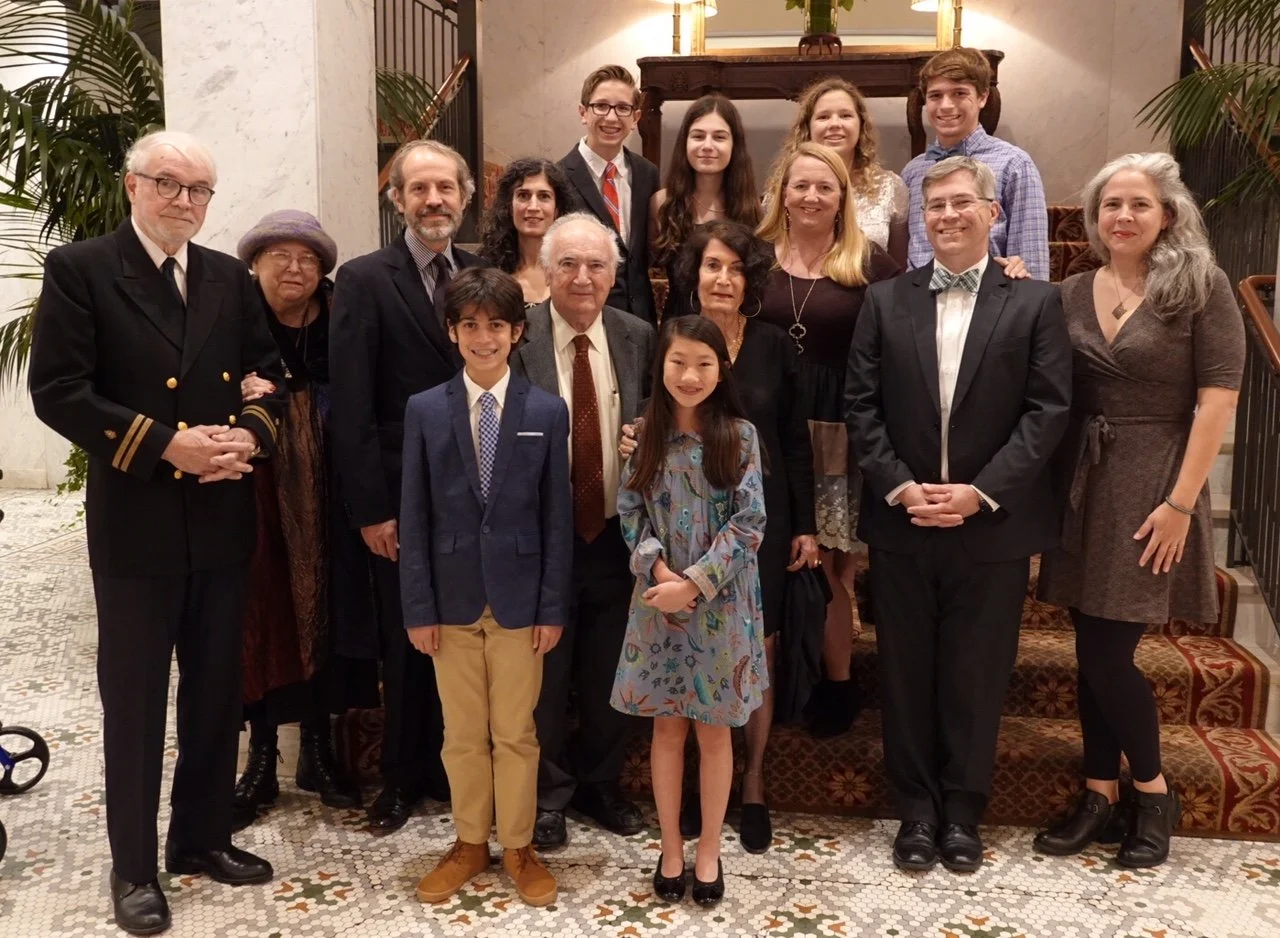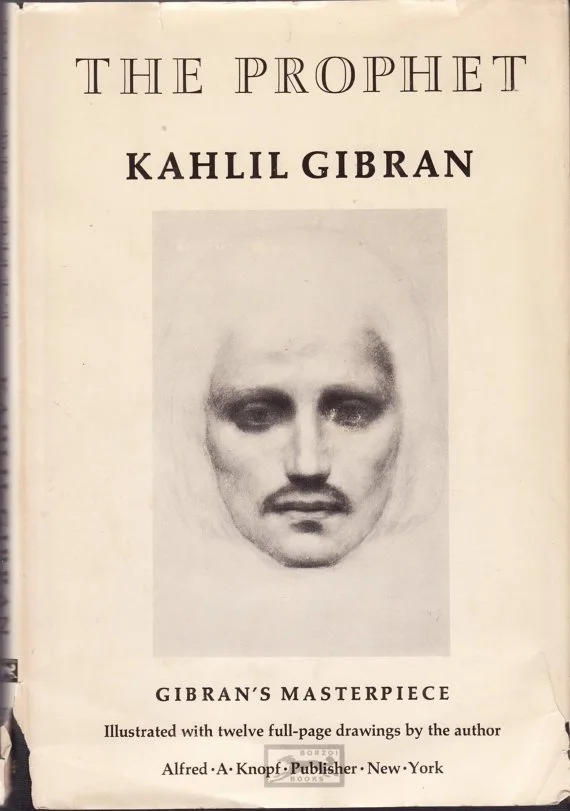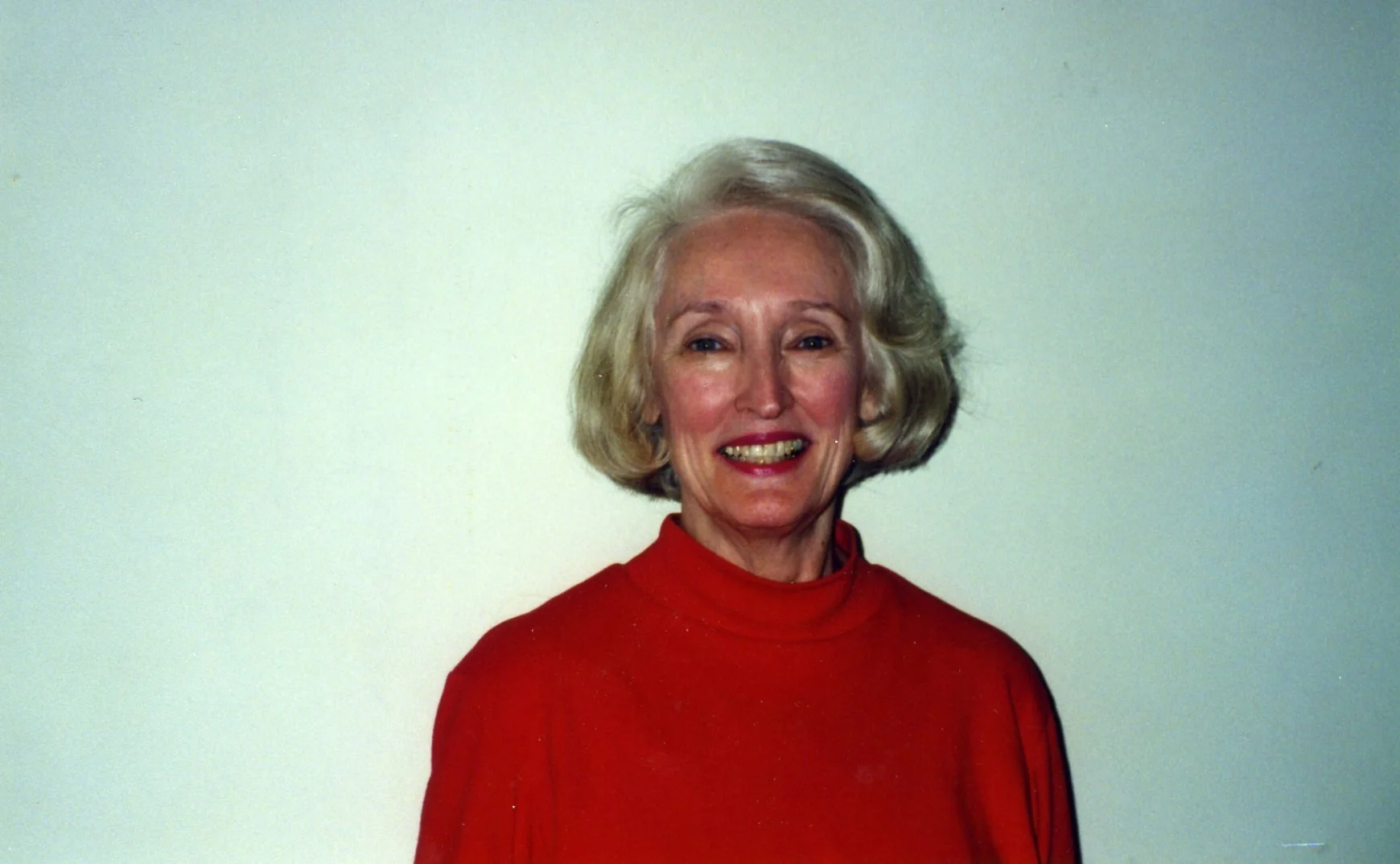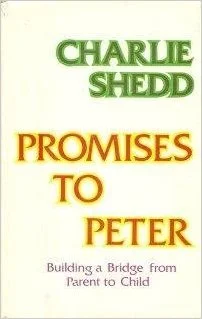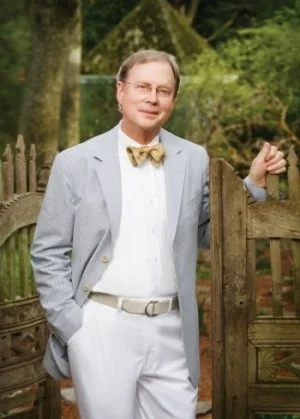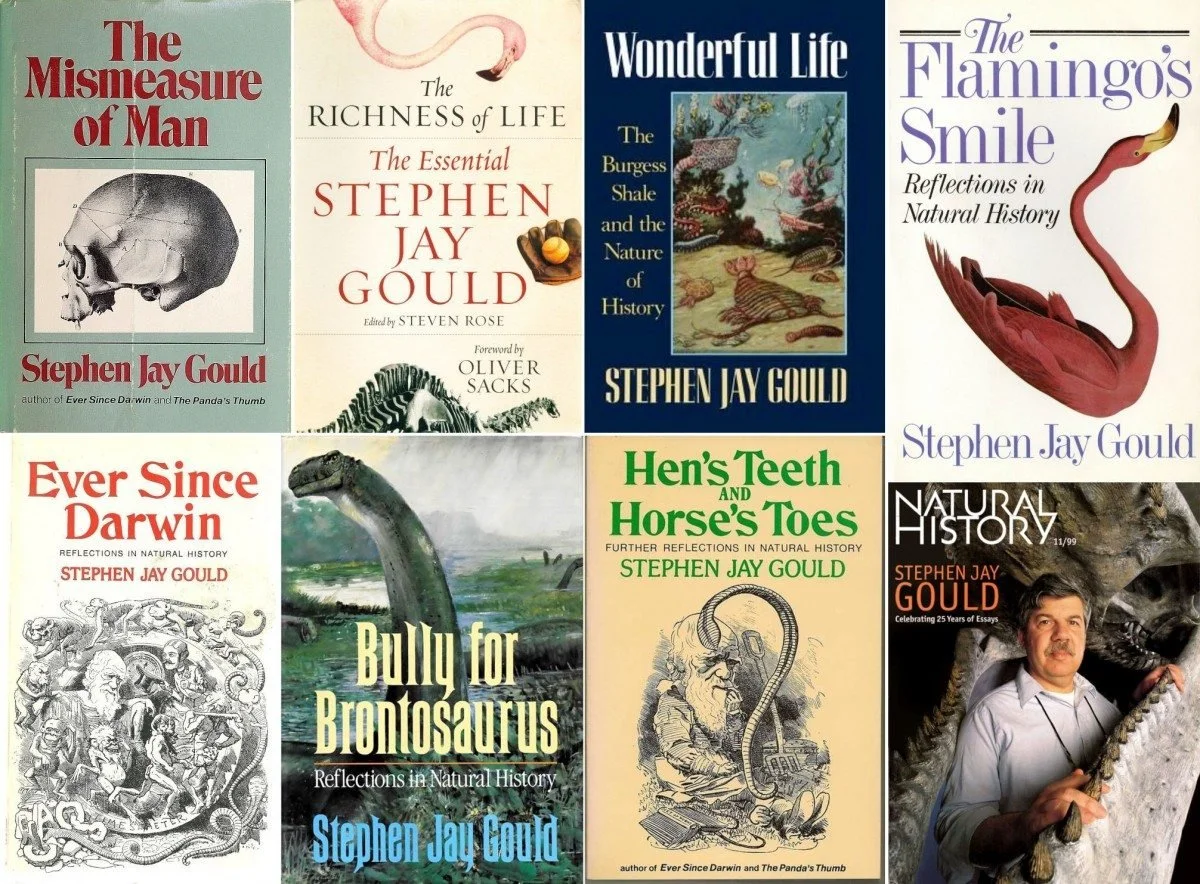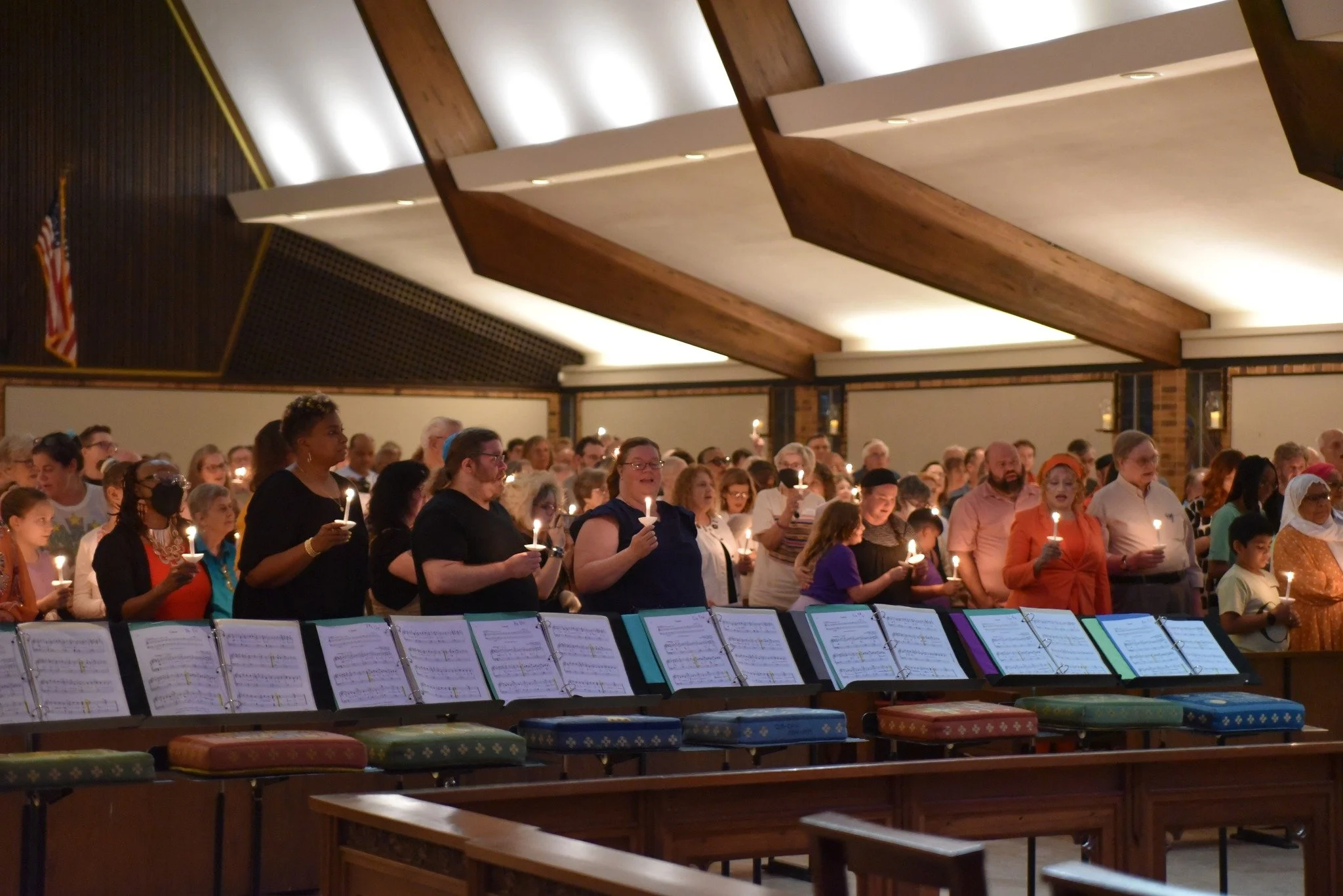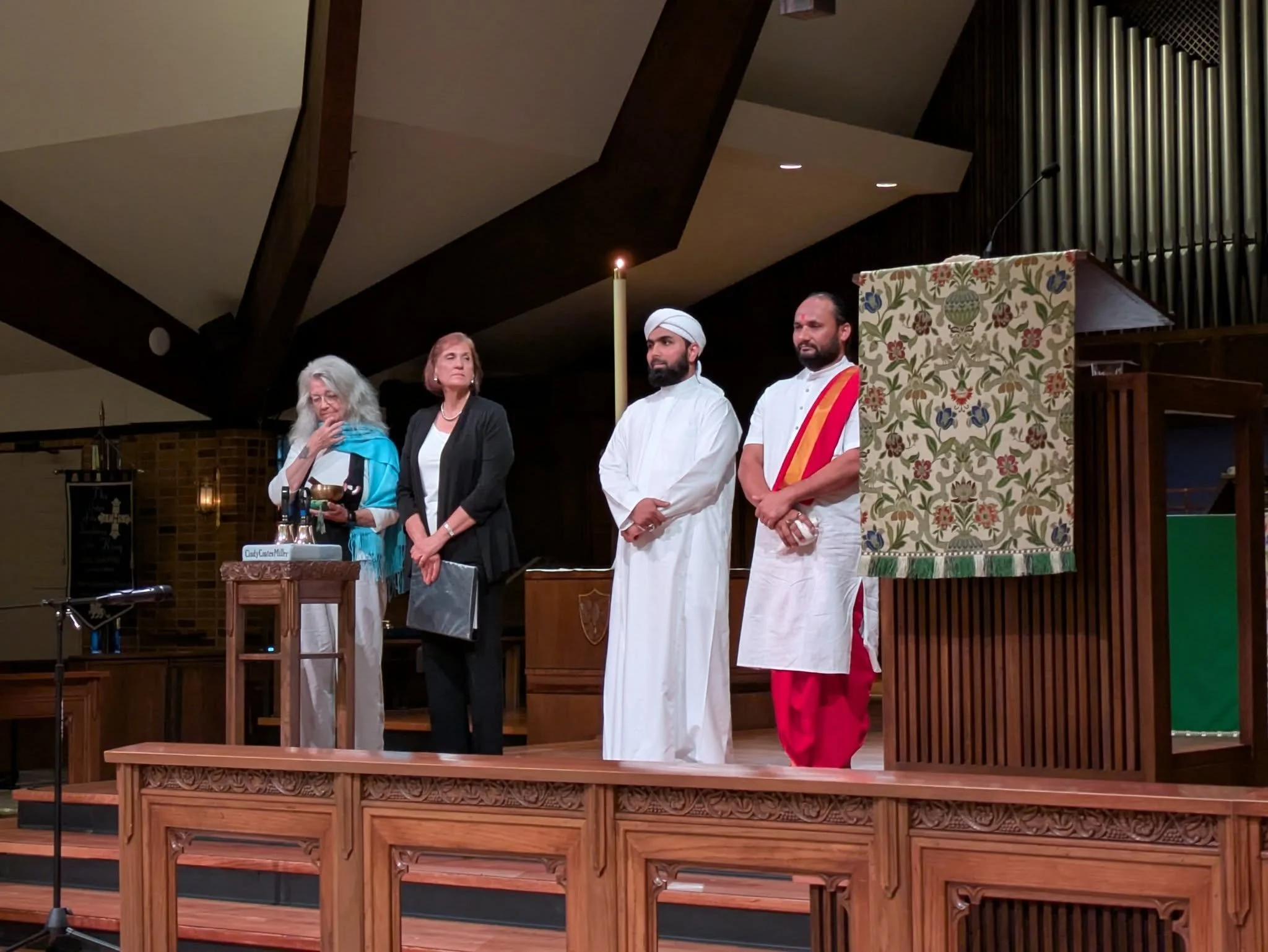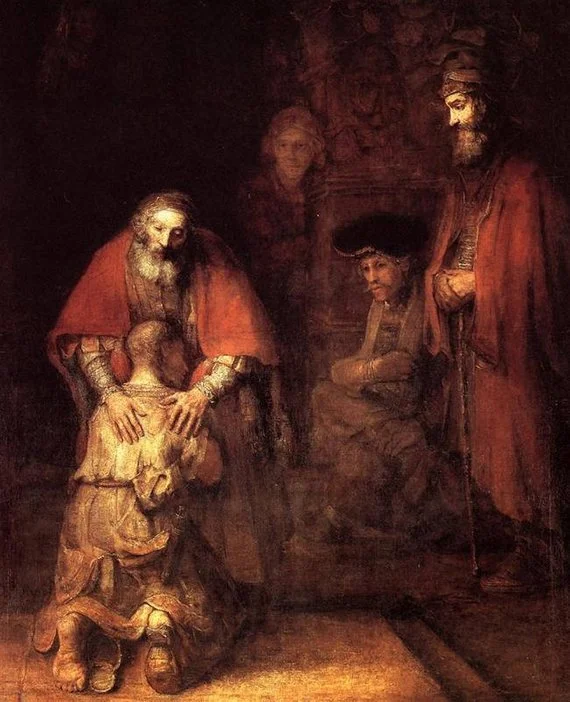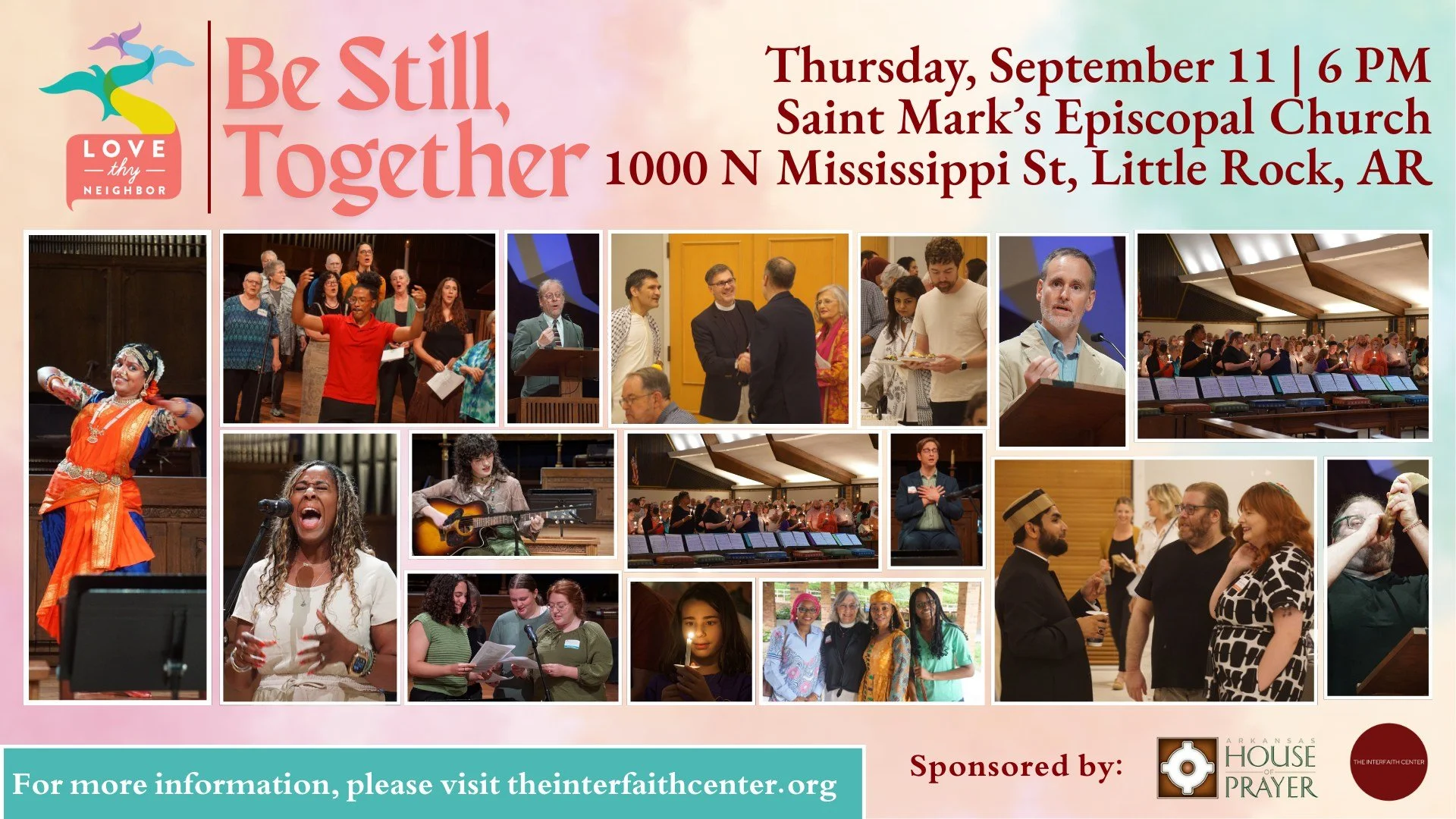Gibran: On Children, steady Bow, Smorgasbord
50th wedding anniversary
“Your children are not your children.
You may give them your love but not your thoughts,
For they have their own thoughts.
You are the bows from which your children
as living arrows are sent forth.
The archer sees the mark upon the path of the infinite,
and He bends you with His might
that His arrows may go swift and far.
Let your bending in the archer’s hand be for gladness;
For even as He loves the arrow that flies,
so He loves also the bow that is stable.”
— Khalil Gibran, “On Children” in The Prophet (1923).
Gibran’s poem may be some of the best advice about relating to our children. Parents are to be the steady or stable “bow.” Our children do not belong to us. They are the most treasured guests we will ever have in our home.
Another piece of wisdom came from a counselor, Phyllis Raney, who led a parenting class at our church. She told us our job was to provide the best smorgasbord of possibilities of experiences for our children to sample. What they choose, however, is up to them. We are to be the best possible providers of opportunities for them to experience, but we cannot control their decisions about what they choose.
We have three children, and as parents, we had busy lives as physicians at a children’s hospital. We wondered how to give quality individual time to each of our children. At the birth of our second child, my mother-in-law, Elizabeth, gave me a book, Promises to Peter (Word Books, 1974), by Charlie Shedd. We read about taking each child out to dinner one night a week in it. We let the child choose the restaurant, within reason. So, one night a week, usually Monday, was “date night” with one of our children. It was a gift to focus on letting that child tell their story without distractions, and to let them know how much we loved them.
We also attended many medical meetings yearly and tried to take one child with us, hoping to spend quality time one-on-one. These trips were one more offering on the smorgasbord.
Our children are older now, with their own children. It is easier to be the steady bow.
The steady bow image has now also become an image of our relationship with God. First, we learned about it as we tried to raise our children. Now, it is teaching us more about how God cares for us. The smorgasbord has become a symbol of the numerous ways God provides for us. We learn more about this One who loves both “the arrows and the stable bow.”
Joanna https://www.joannaseibert.com/
